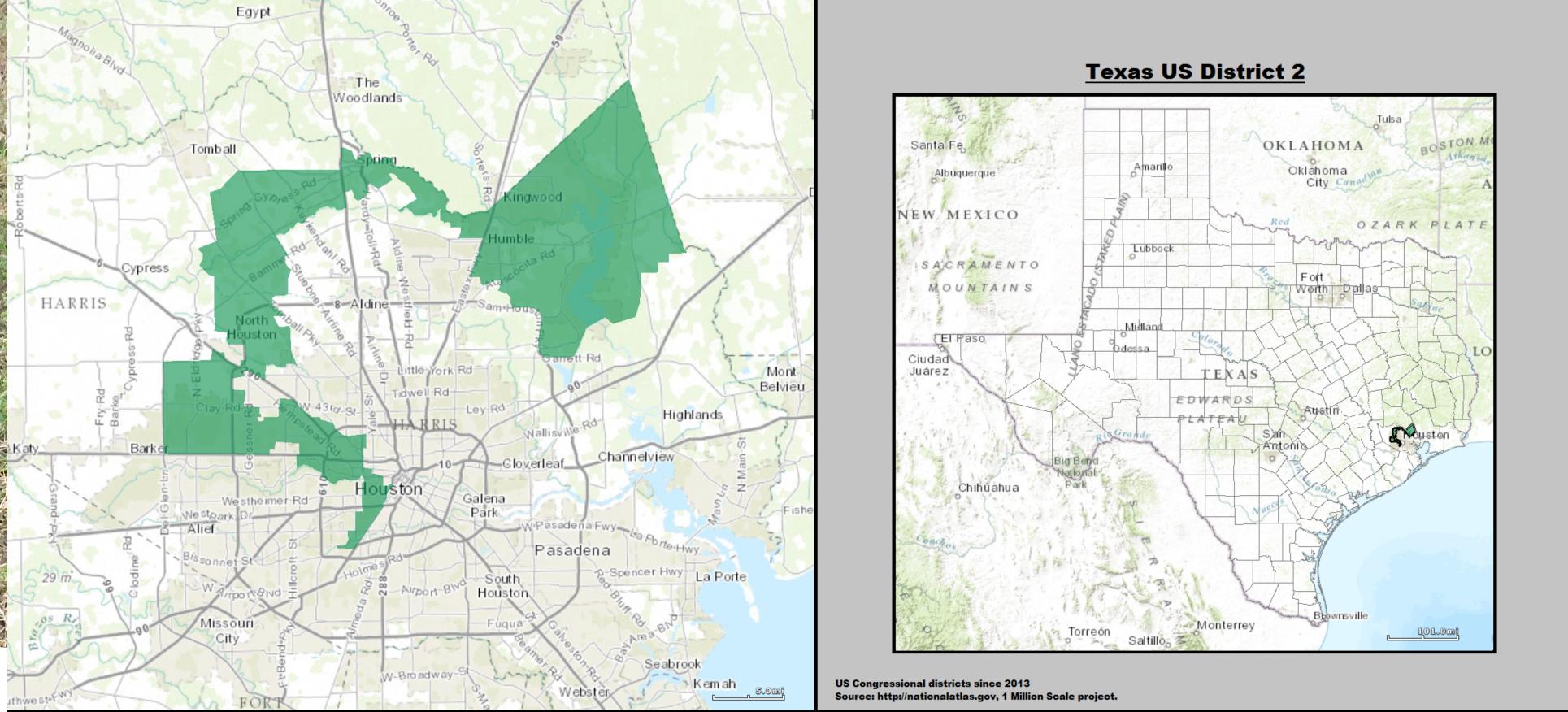Every decade, our state elected officials sit down to draw congressional districts following the census. The U.S. House of Representatives allocates representation by state population, so this process is vastly important. And because it has ramifications on the efficacy of our vote, the most important thing we have to influence policy, leaders often reach across the aisle and demonstrate common sense and teamwork.
Just kidding, that last part is a huge lie.
Redistricting is just about the most political thing that happens in our halls of power. State legislators are charged with creating these maps and can rig them in their party’s favor. If neighborhoods of mostly white, older voters from opposite sides of the city are somehow linked, that district would become virtually noncompetitive. This act is called gerrymandering, a problem that disproportionately affects marginalized voters across the country.
The brazenness of some gerrymandering is astounding (looking at you, Rep. Dan Crenshaw).

Republicans dominated down ticket races in 2010, locking in control of redistricting until the 2020 census. So, for the last 10 years, minority voters have been systematically shut out of the political process.
Minority groups are some of the most reliably left-of-center voting blocs out there. As such, they’re targeted and lumped together by Republican efforts to squash voting power. If districts are drawn so minority voters all belong to the same one, it reduces their impact elsewhere.
And for the first time, redistricting won’t be subject to specific federal regulation. In 2013, the U.S. Supreme Court eliminated Section 5 of the Voting Rights Act in Shelby County v. Holder. This essentially permitted partisan gerrymandering and opened the floodgates to a whole new wave of abuses against minorities.
This effort is already underway. The Brennan Center for Justice concluded that Republicans took control of 17 seats in Congress in 2016 as a result of gerrymandering.
Following the 2020 census, lawmakers are trying once more to rob Americans of their right to vote. There’s an extremely high risk of gerrymandering in the South, especially in Georgia, Florida, and Texas. Dominant single-party control, a history of voting rights abuses, and a lack of oversight all contribute to this evaluation.
This issue is symptomatic of the disease that is systemic racism. The deck has always been rigged against communities of color and there’s no indication that it will be shuffled anytime soon. Activists and allies alike must remain vigilant to ensure that the next decade is not another in which their voting power is stripped away.
